The events currently unfolding bear many notable similarities to the visa-ban scandal of 2014, which erupted during Democratic President Barack Obama’s administration. The only difference is that back then Hungary’s public life was stirred up by interim U.S. chargé d’affaires Andre Goodfriend, whereas now it is David Pressman, the outgoing U.S. ambassador to Budapest, doing the same.
In 2014, Americans Also Disrupted Hungarian Public Life, Later Admitted Corruption Claims Were Unfounded
The Democratic administration in the U.S. has a history of pressuring the Hungarian government through sanctions against officials. In 2014, during the presidency of Democratic President Barack Obama, Andre Goodfriend, then acting chargé d’affaires, targeted Ildiko Vida, head of the National Tax Authority. Later, the Americans admitted they had no evidence to support their accusations. In 2023, a similar attempt was made but withdrawn at the last moment. Now, just two weeks before Donald Trump’s inauguration, Antal Rogan has been added to the U.S. Treasury’s sanctions list, a move that outgoing Ambassador David Pressmanalso commented on.

In October 2014, under Presidential Proclamation 7750, the United States denied entry to six unnamed Hungarian public officials. The reasons for the ban were not disclosed, but later, U.S. authorities admitted that they possessed “no concrete evidence.” But what exactly happened back then?
The "good friend"
In October 2014, Andre Goodfriend gave numerous interviews in which he repeatedly spoke of “widespread corruption” as the basis for banning several Hungarian individuals from entering the United States. At an October 24 press conference, the acting chargé d’affaires at the U.S. Embassy in Budapest stated that the U.S. would not disclose any specific information about the banned individuals to either the press or the Hungarian government. The unprecedented American decision has caused considerable uproar in Hungary, with the left-wing opposition trying to capitalize on the situation.
On October 27, the Hungarian Chief Prosecutor’s Office requested legal assistance from the relevant U.S. authorities, notifying the acting chargé d’affaires in writing and asking for any available evidence to be shared. Although the embassy acknowledged receipt of the letter, it took a month and a half to respond, claiming that the letter had been “lost.”
Meanwhile, speculation in the Hungarian media mounted about the identities of the affected individuals, with several outlets naming Ildiko Vida, head of the National Tax and Customs Administration, as one of them.
Persona non grata
On November 5, 2014, Ildiko Vida confirmed that she had received notice declaring her entry into the United States undesirable. The head of Hungary's National Tax Authority issued a firm statement, claiming that “I have not been, nor am I currently, involved in any corruption cases.”
In December 2014, U.S. authorities formally responded to the Chief Prosecutor’s Office, admitting that they had “no concrete evidence” and had based their information on “media reports and the internet.”
So we can rightly claim, in summary, that the 2014 visa-ban affair was essentially an attempt by the U.S. administration to weaken the Orban government and disrupt Hungarian public life, withut any evidence - as it became clear, later.
Visa-ban scandal, reloaded?
On April 11, 2023, David Pressman, the U.S. ambassador to Budapest, announced an extraordinary press conference for the following day—a move unusual in diplomacy—the exact topic of which was not disclosed in advance.
The left-leaning media tried to stir up a frenzy, churning out a number of articles in the days leading up to the event suggesting the ambassador would announce entry bans for three government or government-affiliated individuals. Effectively, the narrative was that the 2014 visa-ban scandal was about to repeat itself.
Citing diplomatic sources, 444.hu—a website closely linked to George Soros—reported that the proposed sanctions were intended to “punish Hungary.” The issues allegedly provoking American frustration at the time were well-defined: the Orbán government’s firm opposition to illegal migration, its rejection of gender propaganda, and, perhaps most notably, its refusal to endorse Hungary’s military involvement in the Russia-Ukraine war. These policies, focused on safeguarding Hungary’s interests, proved to be a significant irritant to the ultraliberal Biden administration.
The surprise
On April 12, at the much-anticipated press conference, attendees were taken by surprise. Although David Pressman harshly criticized the Hungarian government in his typically arrogant style, he did not announce the sweeping measures the left-leaning press had eagerly anticipated. This may have been due to revelations that previous sanctions, such as those related to the visa ban, lacked any legal basis.
The ambassador announced that the United States was imposing sanctions against fifty institutions and individuals, primarily of Russian origin.
"Petty revenge"
Just two weeks before Donald Trump’s inauguration, Antal Rogan, the minister at the helm of the Prime Minister’s Cabinet Office, was placed on the sanctions list of the U.S. Treasury’s Office of Foreign Assets Control. At a press briefing on January 7, departing U.S. Ambassador David Pressman stated that “The United States has repeatedly voiced its concerns about corruption, raising these issues in discussions with senior government officials and even with mayors in small villages.”
In response, PM Orban's Cabinet Office issued a statement: “This move represents the outgoing, unsuccessful U.S. ambassador’s final act of petty revenge. On January 20, the United States will have a new government and a new president. After their inauguration, we will take the necessary legal steps.”
További IN ENGLISH híreink
Komment
Összesen 0 komment
A kommentek nem szerkesztett tartalmak, tartalmuk a szerzőjük álláspontját tükrözi. Mielőtt hozzászólna, kérjük, olvassa el a kommentszabályzatot.
A téma legfrissebb hírei
Tovább az összes cikkhez
PM Orban: Even Oil Blockade Won’t Bring Hungary's Economy to Its Knees Before Election + Video
PM Orban was a guest at the Megafon Club.
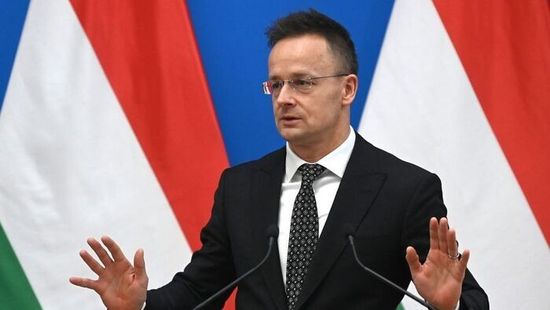
Hungary FM: Government Rejects German Interference In Election Campaign
“It’s a bit much when a German lectures Hungary and the Hungarian people on matters of historical legacy,” FM Szijjarto declared.

Tisza Commenter Threatens Szentkiralyi With Headshot, Police Investigation May Follow
The case may involve suspicion of an extremely serious criminal offense.
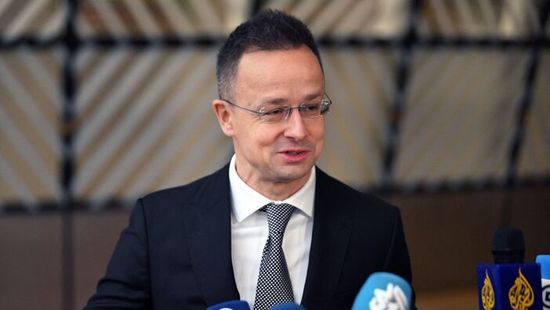
Hungary FM: Brussels Floats Sending Hungarian Troops To Ukraine For First Time
FM Szijjarto also provided an update on developments regarding the Druzhba oil pipeline.
Ne maradjon le a Magyar Nemzet legjobb írásairól, olvassa őket minden nap!
- Iratkozzon fel hírlevelünkre
- Csatlakozzon hozzánk Facebookon és Twitteren
- Kövesse csatornáinkat Instagrammon, Videán, YouTube-on és RSS-en

Címoldalról ajánljuk
Tovább az összes cikkhez
PM Orban: Even Oil Blockade Won’t Bring Hungary's Economy to Its Knees Before Election + Video
PM Orban was a guest at the Megafon Club.

Hungary FM: Government Rejects German Interference In Election Campaign
“It’s a bit much when a German lectures Hungary and the Hungarian people on matters of historical legacy,” FM Szijjarto declared.

Tisza Commenter Threatens Szentkiralyi With Headshot, Police Investigation May Follow
The case may involve suspicion of an extremely serious criminal offense.

Hungary FM: Brussels Floats Sending Hungarian Troops To Ukraine For First Time
FM Szijjarto also provided an update on developments regarding the Druzhba oil pipeline.
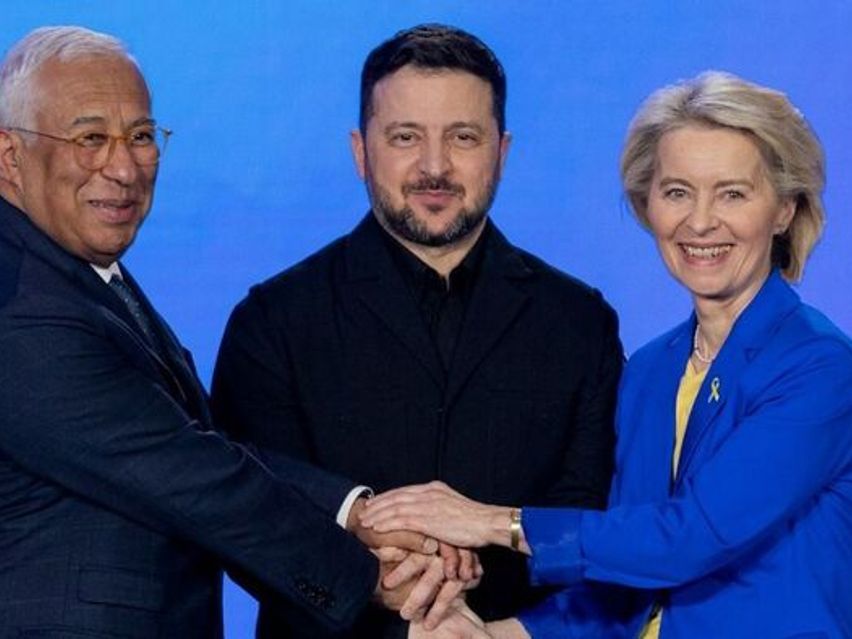

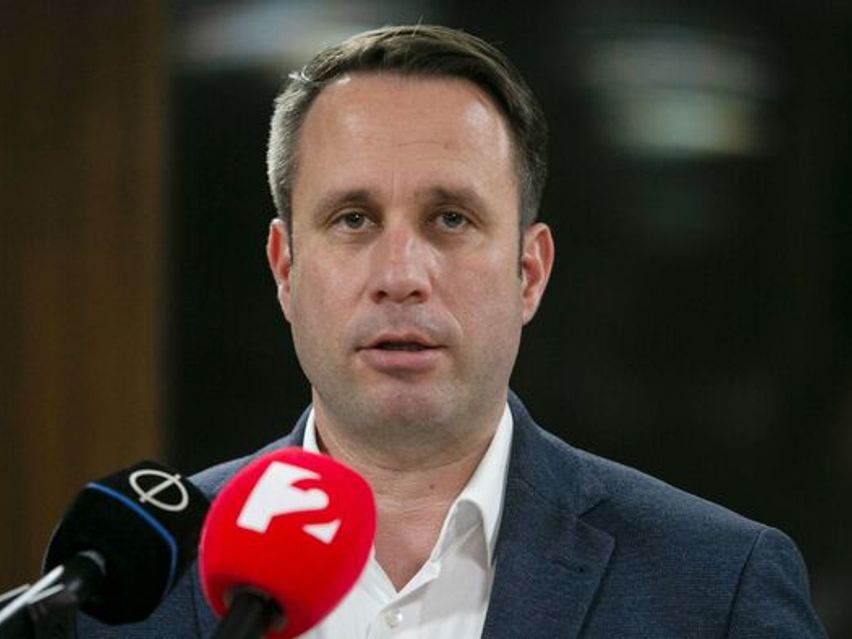
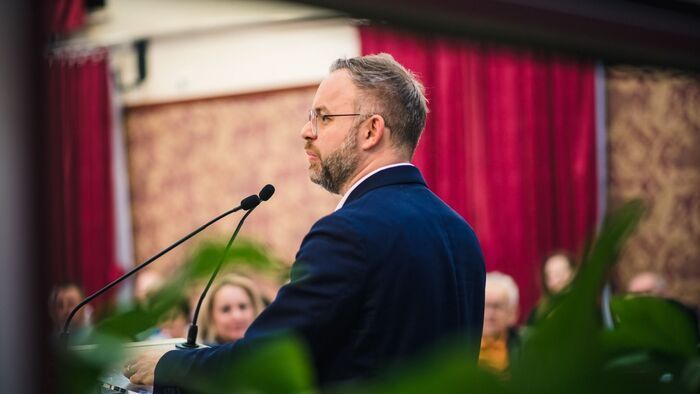

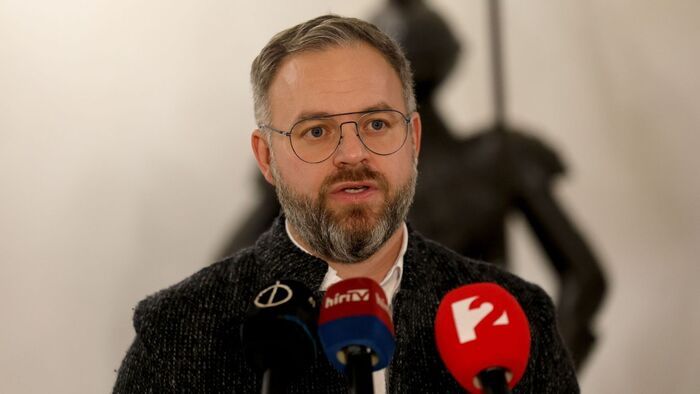
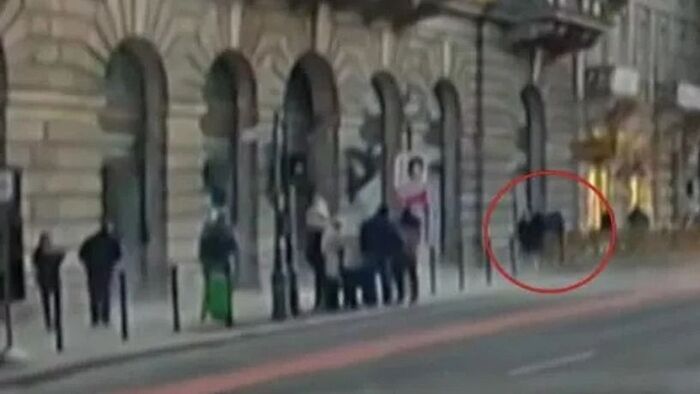
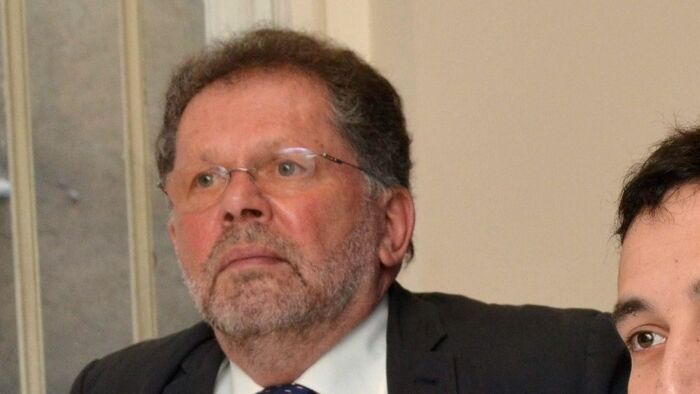
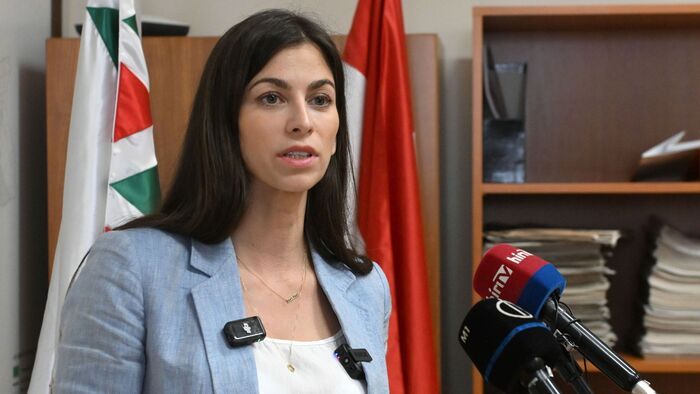


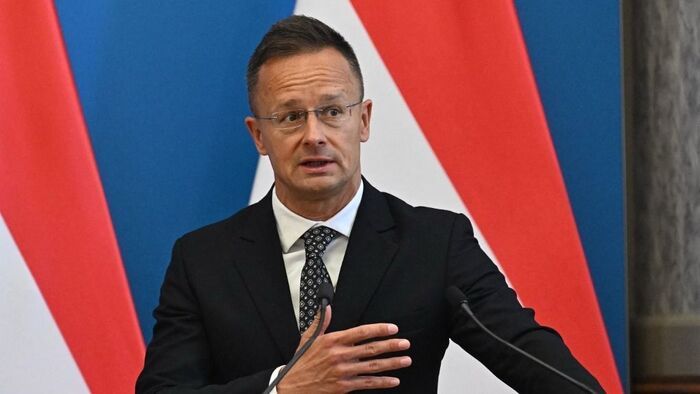




Szóljon hozzá!
Jelenleg csak a hozzászólások egy kis részét látja. Hozzászóláshoz és a további kommentek megtekintéséhez lépjen be, vagy regisztráljon!